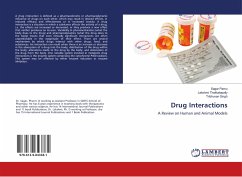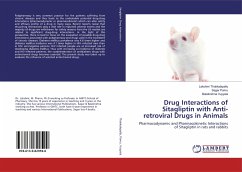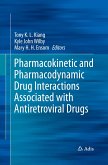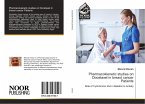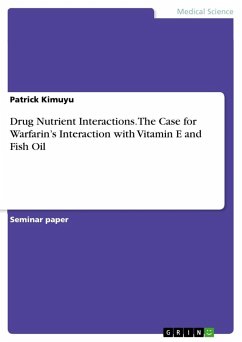A drug interaction is defined as a pharmacokinetic or pharmacodynamic influence of drugs on each other, which may result in desired effects, in reduced efficacy and effectiveness or in increased toxicity. A drug interaction is a situation in which a substance affects the activity of a drug, i.e. the effects are increased or decreased, or they produce a new effect that neither produces on its own. Variability in pharmacokinetics (what the body does to the drug) and pharmacodynamics (what the drug does to the body) means that even clinically significant interactions are often unpredictable in the magnitude of their effect. There are several mechanisms by which drugs interact with other drugs, food, and substances. An interaction can result when there is an increase or decrease in the absorption of a drug into the body; distribution of the drug within the body; alterations made to the drug by the body; and elimination of the drug from the body. One notable system involved in metabolic drug interactions is the enzyme system comprising the cytochrome P450 oxidizes. This system may be affected by either enzyme induction or enzyme inhibition.
Bitte wählen Sie Ihr Anliegen aus.
Rechnungen
Retourenschein anfordern
Bestellstatus
Storno

